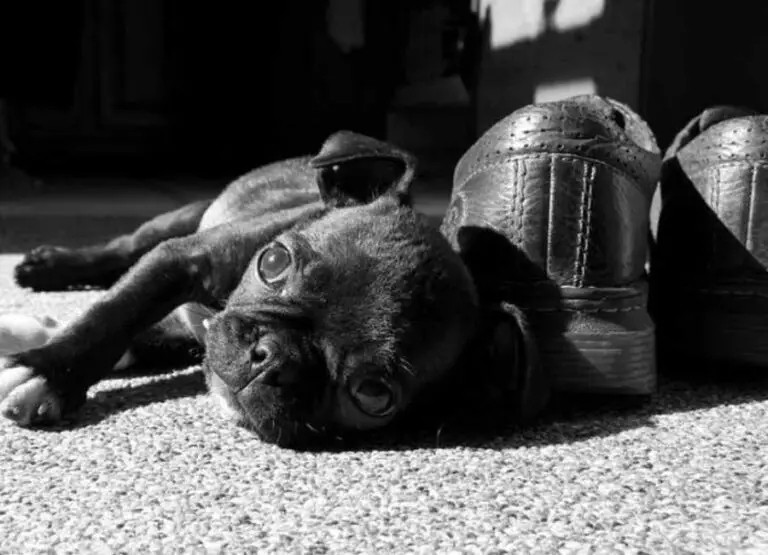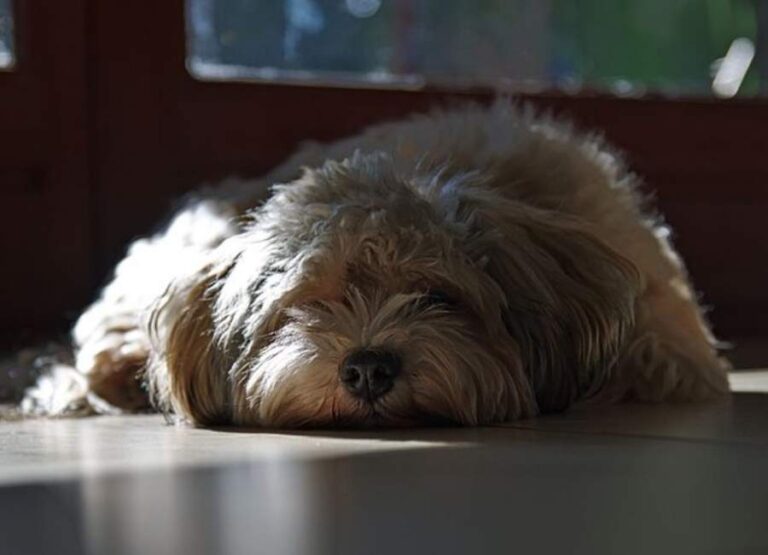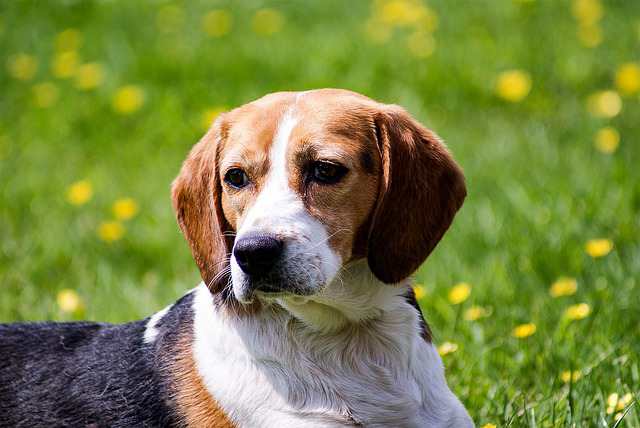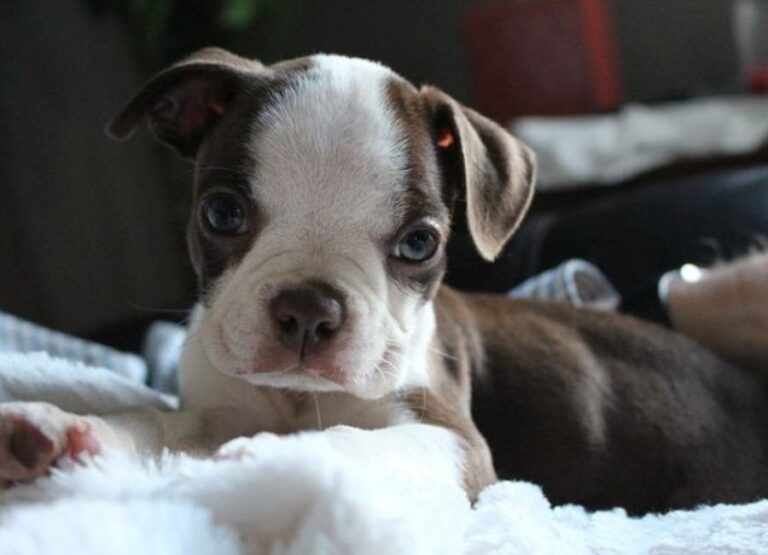Dog Drinking a Lot of Water And Not Eating [Explained]
![Dog Drinking a Lot of Water And Not Eating [Explained] Dog Drinking a Lot of Water And Not Eating](https://petcreeks.com/wp-content/uploads/2023/02/Dog-Drinking-a-Lot-of-Water-And-Not-Eating.jpg)
Are you worried about your furry friend drinking a lot of water and not eating? It’s important to understand that this could be a sign of an underlying health issue.
In this blog post, we’ll explore the possible reasons why your dog is drinking more water than usual and not eating.
From changes in diet to underlying medical conditions, we’ll cover everything you need to know to keep your furry friend healthy and happy.
Dog Drinking a Lot of Water And Not Eating
If your dog is drinking a lot of water but not eating, it may be due to nausea, stress, mouth pain, or an upset stomach.
It is important to monitor your dog’s water intake and make sure they are not vomiting after drinking water, as this could indicate a more serious issue and require a visit to the veterinarian.
Additionally, excessive drinking could be a sign of dehydration, so it is important to watch for other symptoms such as panting, lethargy, and dry gums.
If your dog’s symptoms persist for more than 24 hours, it is recommended to seek veterinary care to determine the underlying cause
Reasons Why Your Dog Maybe Drinking a Lot of Water And Not Eating
A dog may be drinking a lot of water but not eating for a variety of reasons, among the probable reasons are:
1. Dehydration
It’s possible that dogs that aren’t eating are consuming more water because they are dehydrated.
Dehydration can happen for a number of causes, including sickness or strenuous exertion.
Dogs that have stomach upsets may also avoid food, which can cause them to become dehydrated if they don’t drink enough water.
It’s crucial to supply fresh water on a regular basis and make sure the dog is drinking enough to prevent dehydration if you observe your dog drinking more water than normal but not eating.
To encourage them to drink more water, you may also try giving them wet food or putting water in their dry food.
2. Medication side effects
As a side effect, several drugs might lead to increased thirst and decreased appetite.
See your veterinarian if you observe any changes in your dog’s drinking or feeding routines after starting a new medication.
Your veterinarian could advise changing the medicine or altering the dosage.
3. Dental problems
A dog may refuse to eat due to pain or discomfort if they have dental issues, such as gum disease or tooth decay.
A portion of the pain can be reduced by consuming more water. Bad smell, bleeding gums, and trouble eating are some more signs of dental issues.
It’s crucial to arrange routine dental examinations with your veterinarian and provide your dog with dental toys and treats to help maintain their teeth healthy.
4. Change in environment
In a strange setting, dogs may experience fear or anxiety and stop eating.
The adjustment can be facilitated by providing familiar objects, such as their bed or toys, and introducing new things gradually.
A modest, cozy room where your dog may retire if other stimuli become too overpowering is another option.
5. Aging process
Dogs may get less hungry as they age, which causes them to drink more water to make up for the lack of food.
Feeding older dogs high-quality food can help satisfy their dietary requirements.
Senior dog food has the right nutrients for aged dogs and is made to be more readily digested.
To make sure that your elderly dog is healthy and receiving the right nourishment, it is essential to see your veterinarian.
Supplements that enhance joint health, cognitive function, and general wellness may also be suggested by your veterinarian.
6. Possible sign of heat stroke
In order to control their body temperature in hot environments, dogs may consume extra water.
Yet, if they aren’t eating, you must promptly provide them with the necessary medical care.
Emergency medical attention is necessary for heatstroke, a potentially fatal condition.
Drooling, vomiting, convulsions, and excessive panting are all signs of heatstroke.
Maintaining your dog’s fluid intake and giving them access to a cool, shaded space to relax is crucial for preventing heatstroke.
7. Kidney disease
A dog may need to drink extra water if they have kidney illness since it can alter how well its body filters out waste and pollutants.
Lethargy, appetite loss, and weight loss are examples of other kidney disease symptoms.
It’s critical to seek veterinarian care as soon as you believe your dog has a renal illness.
8. Diabetes
A dog’s capacity to control blood sugar levels is impacted by diabetes, these may also after how they eat.
Diabetes in most dogs frequently manifests as increased thirst and decreased appetite.
It’s crucial to get your dog checked out by a veterinarian if you see them drinking more water than normal and showing other signs of diabetes, such as excessive urination or weight loss.
9. Cancer
Dogs with some cancers may have increased thirst and decreased appetite.
Lethargy, weight loss, and behavioral abnormalities are a few more indicators of canine cancer.
It’s crucial to get your dog into a vet’s office as soon as you detect cancer in them.
10. Poisoning
A dog may drink extra water in an effort to try to flush out any poisonous substances it may have consumed, such as antifreeze or certain plants.
Dogs who have been poisoned may vomit, have diarrhea, or experience convulsions.
It’s critical to seek veterinarian attention right away if you believe your dog may have consumed a harmful chemical.
Frequently Asked Questions
Why is my dog drinking so much water?
There could be various reasons why a dog is drinking more water than usual, including increased exercise, heat, or medication side effects.
However, it could also be a sign of an underlying medical issue, such as kidney disease, diabetes, or adrenal gland problems.
A visit to the vet is recommended to rule out any potential health concerns.
Is it normal for a dog to drink water excessively?
While dogs need access to fresh water at all times, excessive drinking could be a sign of a health issue.
It’s best to monitor your dog’s drinking habits and consult with a veterinarian if you notice any excessive thirst.
What are the signs of dehydration in dogs?
Signs of dehydration in dogs include dry gums, lethargy, loss of appetite, sunken eyes, and decreased urination.
It’s important to ensure your dog always has access to fresh water to prevent dehydration.
Learn more about the benefits of proper nutrition for dogs.
Why is my dog not eating but drinking water?
Loss of appetite in dogs can be caused by a variety of reasons, including illness, stress, or even dietary changes.
However, if your dog is also drinking excessively, it could be a sign of an underlying health issue, and a visit to the vet is recommended.
Learn more about ways to improve dog health.
Can dehydration cause a dog to stop eating?
Yes, dehydration can make a dog feel unwell and cause a loss of appetite.
Ensuring your dog has access to water throughout the day and seeking veterinary care can help remedy dehydration and get your dog’s appetite back on track.
Learn more about the signs of a dog in pain.
How can I encourage my dog to drink more water?
Keeping fresh water available at all times is essential. Some dogs may prefer running water or water with ice cubes.
Adding a bit of low-sodium broth or wet food to their water can also encourage them to drink more.
If you’re concerned about your dog not drinking enough water, consulting with a veterinarian is recommended.
Learn more about dogs coughing and not eating.
Conclusion
In conclusion, if your dog is drinking a lot of water and not eating, it could be a sign of an underlying medical condition.
It’s important to monitor your dog’s water intake and seek veterinary care if you notice any changes in their drinking habits.
Remember, excessive thirst can be a symptom of serious health issues, so it’s always better to be safe than sorry.




![Anxiety In Dogs [Causes, Signs, & Remedies] Anxiety In Dogs](https://petcreeks.com/wp-content/uploads/2023/12/simon-hurry-_LhjpmruUAo-unsplash.jpg)

![Dog Traumatized After Boarding [Full Explanation] Dog Traumatized After Boarding](https://petcreeks.com/wp-content/uploads/2023/04/Dog-Traumatized-After-Boarding-768x555.jpg)